- Your cart is empty
- Continue Shopping

Product
BELOC is a brand name for a medication containing the active ingredient metoprolol. Metoprolol belongs to a class of drugs known as beta-blockers, which are commonly used to treat various cardiovascular conditions. Here is a detailed description of BELOC (metoprolol):
Active Ingredient:
- Metoprolol: Metoprolol is a selective beta-1 adrenergic receptor blocker. It works by blocking the effects of adrenaline (epinephrine) on the heart, leading to a reduction in heart rate and blood pressure. This helps to decrease the workload on the heart and improve its efficiency in pumping blood throughout the body.
Indications:
- BELOC (metoprolol) is indicated for the treatment of several cardiovascular conditions, including:
- Hypertension (high blood pressure): It helps lower blood pressure and reduce the risk of complications associated with hypertension, such as stroke and heart attack.
- Angina pectoris (chest pain): It can alleviate the symptoms of angina by reducing the heart’s workload and improving blood flow to the heart muscle.
- Heart failure: In certain cases, metoprolol may be used as part of the treatment regimen for heart failure to help improve symptoms and reduce the risk of hospitalization.
- Arrhythmias: Metoprolol can help control certain types of irregular heart rhythms (arrhythmias) by slowing down the heart rate and stabilizing the heart’s electrical activity.
Dosage and Administration:
- BELOC (metoprolol) is available in various formulations, including tablets and extended-release capsules. The dosage and treatment regimen are determined by the healthcare provider based on factors such as the patient’s medical condition, age, and response to treatment. It is usually taken orally, with or without food, as directed by the prescribing physician.
Mechanism of Action:
- Metoprolol works by selectively blocking the beta-1 adrenergic receptors in the heart. By doing so, it reduces the effects of adrenaline on the heart, resulting in decreased heart rate and contractility. This leads to a reduction in cardiac output and blood pressure, which helps alleviate symptoms associated with various cardiovascular conditions.
Side Effects:
- Common side effects of metoprolol may include fatigue, dizziness, lightheadedness, headache, nausea, and gastrointestinal disturbances. Some individuals may experience changes in sleep patterns, vivid dreams, or mood changes. Serious side effects such as bradycardia (slow heart rate), hypotension (low blood pressure), or exacerbation of heart failure symptoms can occur, especially with higher doses or in susceptible individuals.
Precautions and Monitoring:
- Before starting treatment with metoprolol, healthcare providers should assess the patient’s medical history and conduct a thorough evaluation to determine the appropriateness of treatment. Regular monitoring of blood pressure, heart rate, and cardiac function may be necessary during treatment.
Contraindications:
- Metoprolol is contraindicated in individuals with certain medical conditions, including severe bradycardia, heart block, cardiogenic shock, and untreated heart failure. It should not be used in patients with a known hypersensitivity to metoprolol or other beta-blockers.
Interactions:
- Metoprolol may interact with certain medications, including other beta-blockers, calcium channel blockers, and antiarrhythmic drugs. Patients should inform their healthcare providers about all prescription and over-the-counter medications, as well as herbal supplements, they are taking.
Patients prescribed BELOC (metoprolol) should follow their healthcare provider’s instructions carefully, report any side effects promptly, and attend regular follow-up appointments as recommended. The information provided here is a general overview, and specific details may vary based on individual cases and healthcare provider recommendations.
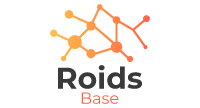
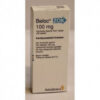
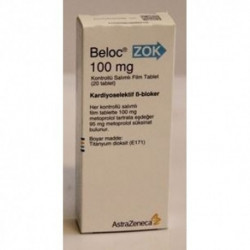
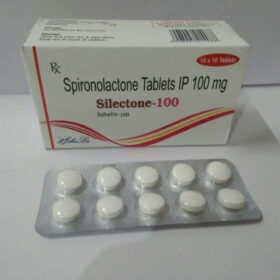
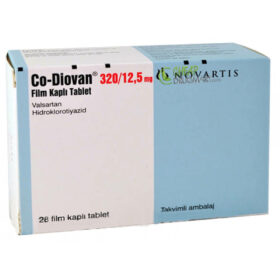
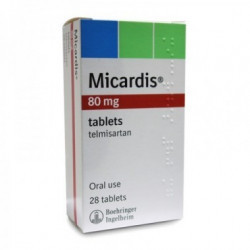
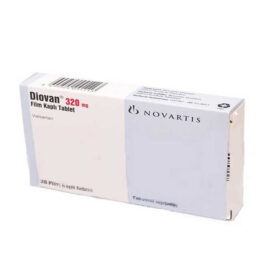
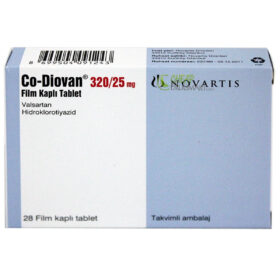
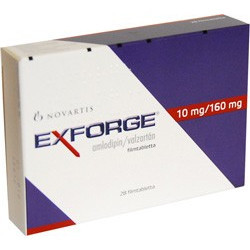
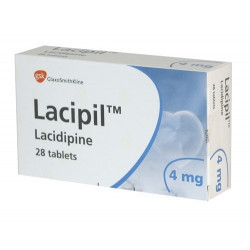
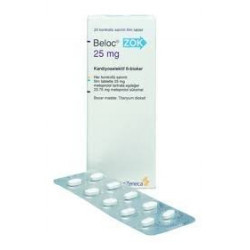



Reviews
There are no reviews yet.